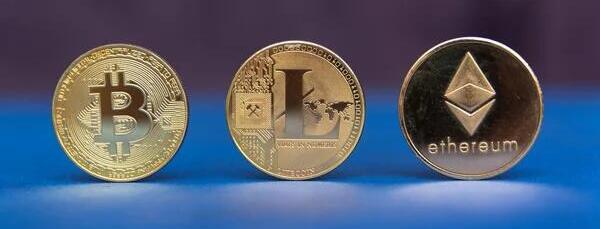What Do I Have to Pay for a Future Contract?

Let's break down the costs involved in securing a future contract:
1. Margin: This is a security deposit you put up as a guarantee that you'll fulfill your end of the contract. It normally amounts to around 5-15% of the contract's value. Consider it the "good faith" money you pledge to show you're serious about the deal.
2. Commissions: These are fees paid to your broker for their services in facilitating the contract. They're typically charged per contract and can vary depending on the broker and the type of contract. Think of it as paying for a matchmaker who brings two parties together.
What Will Be the Final Price?
Predicting the final price of a future contract is like being a weather forecaster, but for the financial realm. It depends on a bunch of factors, including:
1. Current Spot Price: This is the price of the underlying asset today. It serves as the foundation for determining the future price.
2. Risk-Free Interest Rate: This is the interest rate that banks use for short-term loans. It's like the "rent" you pay on the money you borrow to buy the future contract.
3. Time to Maturity: This is the period between the contract's purchase and expiration. Longer maturities mean more time for factors to influence the price.
Can I Get a Futures Contract for Any Asset?
The world of futures contracts is a diverse playground, offering a wide range of underlying assets to choose from. Here's a sneak peek:
1. Commodities: These are raw materials like oil, gold, and wheat. They're the building blocks of our modern world.
2. Stocks: Futures contracts for stocks allow you to bet on the future performance of companies. It's like buying a ticket to the corporate casino.
3. Indices: These are baskets of stocks that represent a broad market sector, like the S&P 500 or the Nasdaq. They're the all-stars of the stock market.
How Do Futures Contracts Work?
Futures contracts are like handshake agreements between two parties: a buyer and a seller. When you buy a futures contract, you're promising to buy the underlying asset at a specific price on a specific date in the future. And when you sell a futures contract, you're vowing to deliver the underlying asset to the buyer on that same date.
Interactive Q&A
To deepen your understanding of futures contracts, let's throw some thought-provoking questions your way:
1. What's the difference between a futures contract and an options contract?
2. How can futures contracts be used for hedging?
3. What are some of the risks involved in trading futures contracts?
4. How do I choose the right futures contract for my investment goals?
5. What are some strategies for profiting from futures contracts?
Share your thoughts and questions in the comments below. The more we talk futures, the smarter we become!
Please indicate:COINLIVEBASE » What do I have to pay for a future contract? What will be the final price?